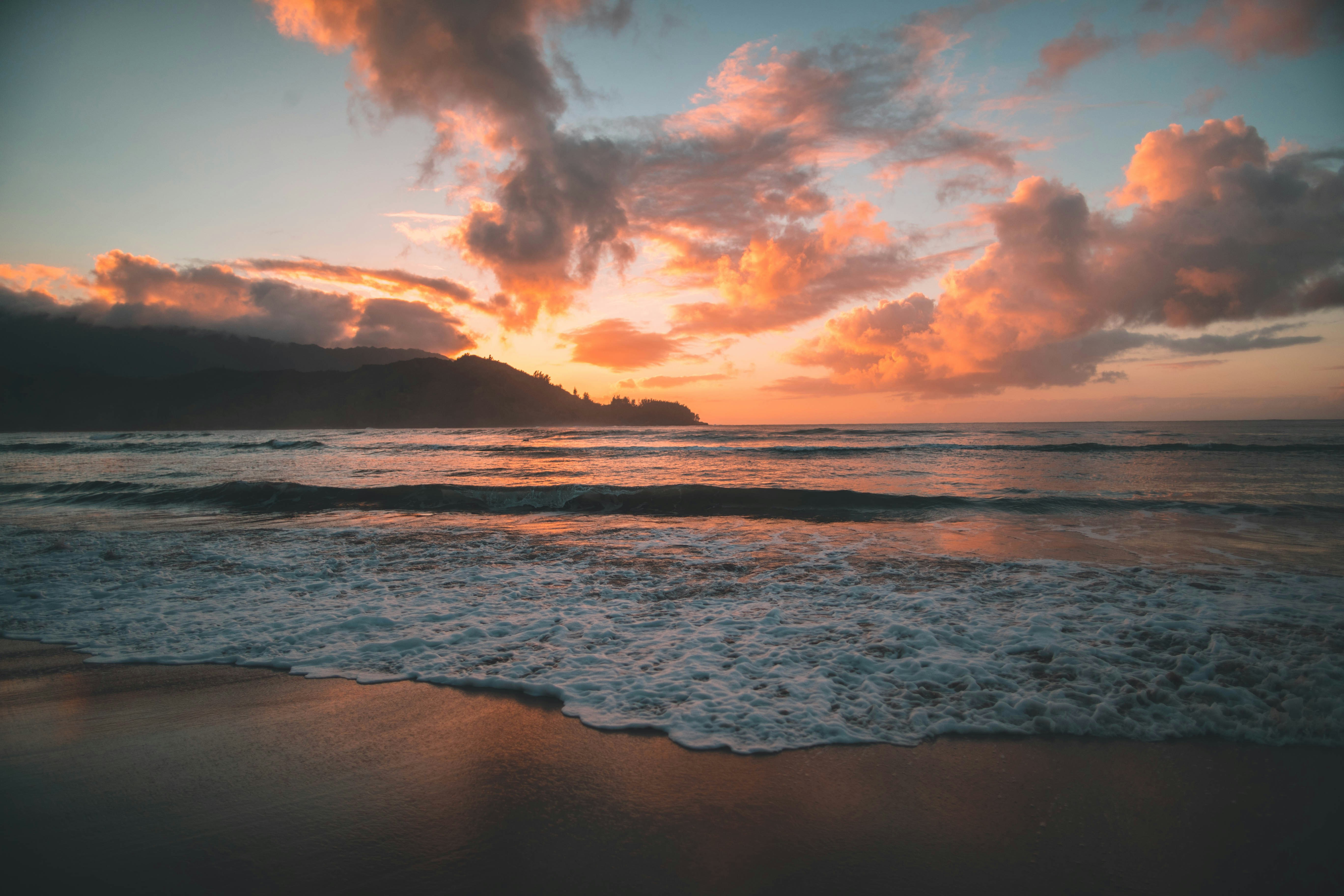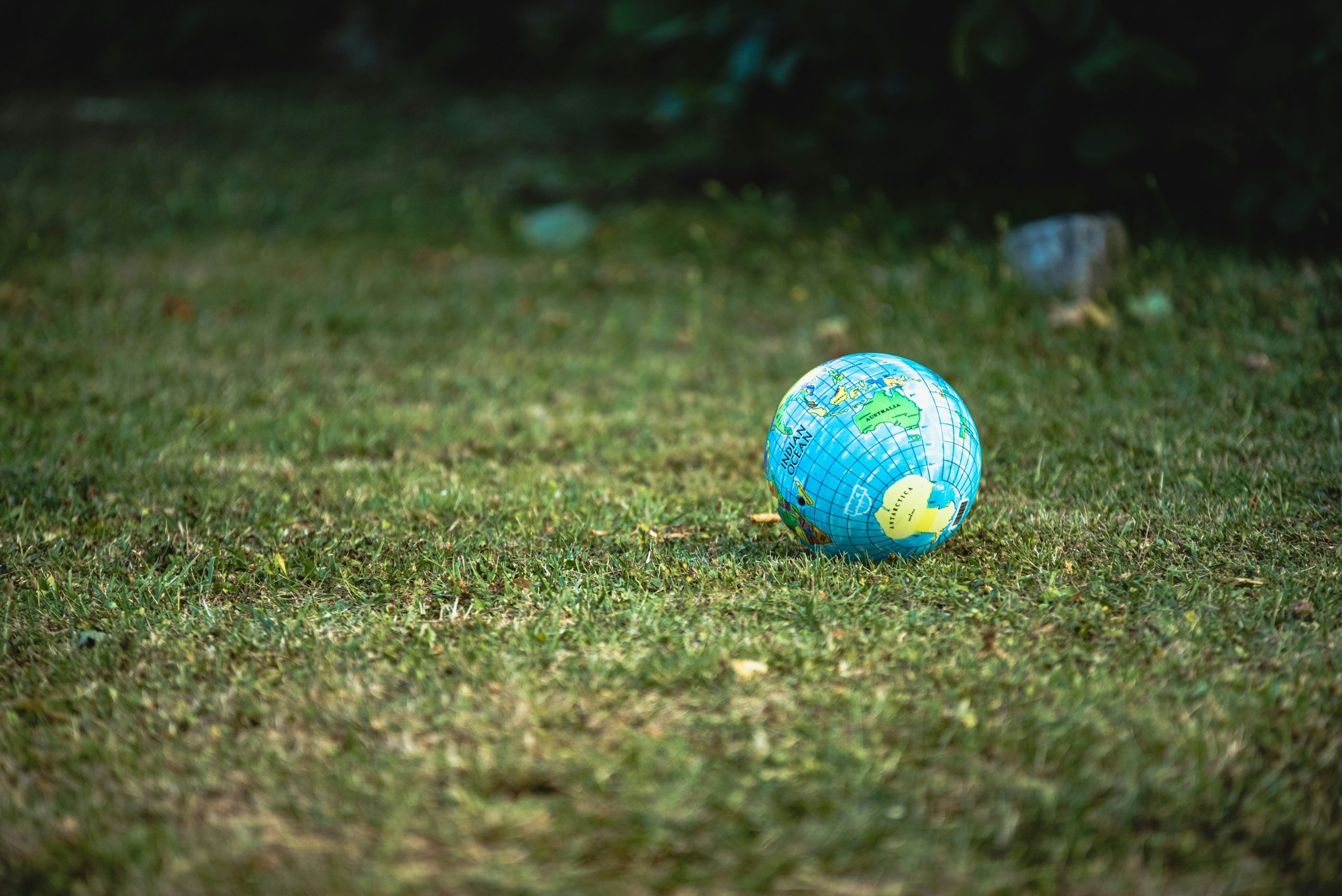
Russia: an ambivalent ecological strategy
Russia’s rank on the Happy Planet Index in 2019: #131. Explore the data.
Russia has a high ecological footprint but medium levels of wellbeing and life expectancy, suggesting that resource use is not benefitting its people.
By: Vladimir Ponizovskiy
Russia is the world’s largest country, occupying about one ninth of the Earth’s land area. It is estimated to house up to 30% of the world’s natural resources, and encompasses ecosystems ranging from arctic to subtropical. After transitioning to a market economy in the 1990s, Russia saw explosive economic growth.
Today, its economy is comprised of a large service sector, industrial sector dominated by the fuel and energy complex, and a relatively small agricultural sector. Since the year 2000, Russian GDP per capita increased sixfold, the growth supported by high prices for natural resources such as oil. Despite its riches, Russia scores only 131st out of 152 in the Happy Planet Index.
What’s going well?
The Russian population benefited from the post-transition economic growth. The average life expectancy rose from a dismal 65 years in 2000 to 72.6 in 2019, putting it at the world’s average.
What needs to change?
Given the sheer size of Russia and the role of natural resources in its economy, the ecological policies of Russia have a global impact. Russia is the 4th country in the world by absolute CO2 emissions. The Russian government’s ecological strategy is ambivalent. On the one hand, Russia is a signatory to international agreements on climate change and ecological conservation. On the other hand, economic reliance on fossil fuels makes the Russian government see “excessive ecological requirements” as a strategic threat to its economy.
Economic inequality is another pressing issue. The benefits of fast economic growth have not been distributed equitably. In 2020, one in three Russians considered themselves to be poor. At the same time, the top 3 percent own 89% of all financial assets in Russia. The situation is exacerbated by regional inequality: per capita GDP in resource-rich Arctic Nenets region exceeds $80,000, compared to $1,800 in the poverty-stricken region of Ingushetia.
About the author
Vladimir Ponizovskiy is a postdoctoral researcher at Ruhr-Universität Bochum, Germany. He is a social psychologist researching the use of values as grounds for judgment and meaning-making.
You can connect with Vladimir on Twitter and find out more about his work on ResearchGate.
How sustainably happy are you?
We've built a personal Happy Planet Index test to help you reflect on how you can create your own "good life that doesn't cost the earth".
Take the test





